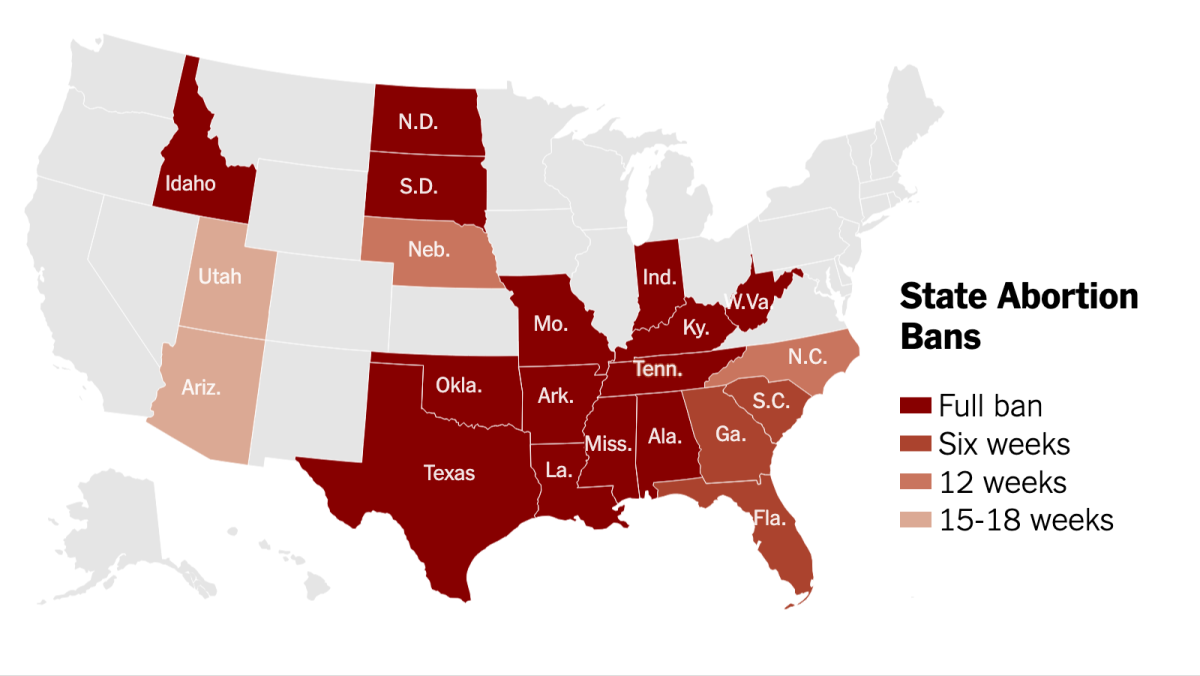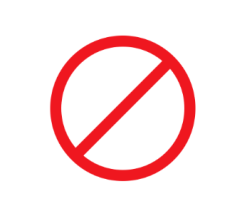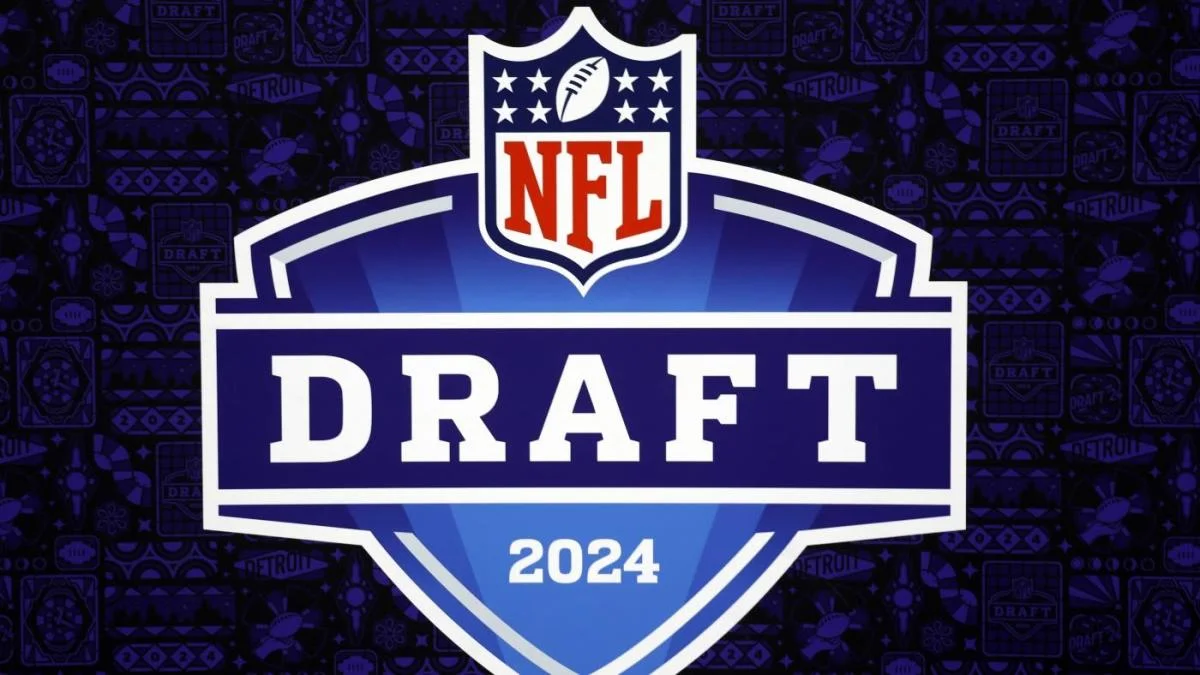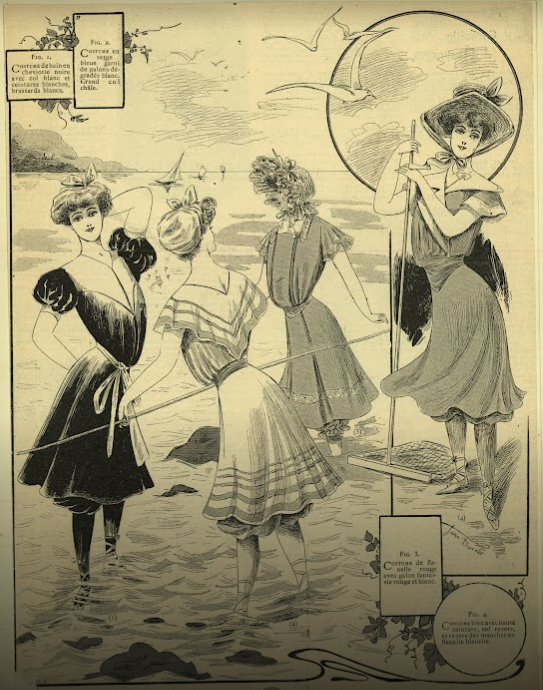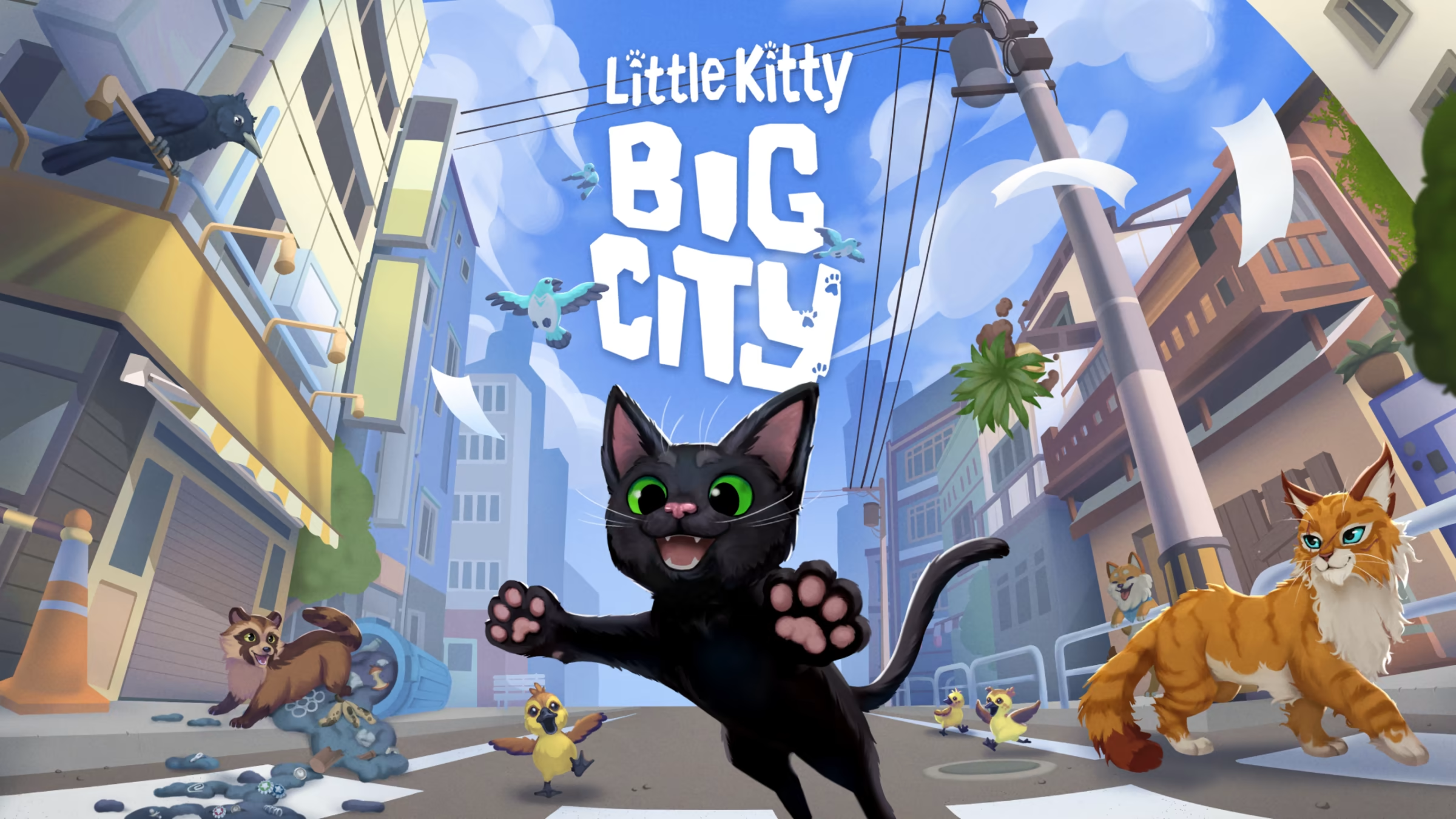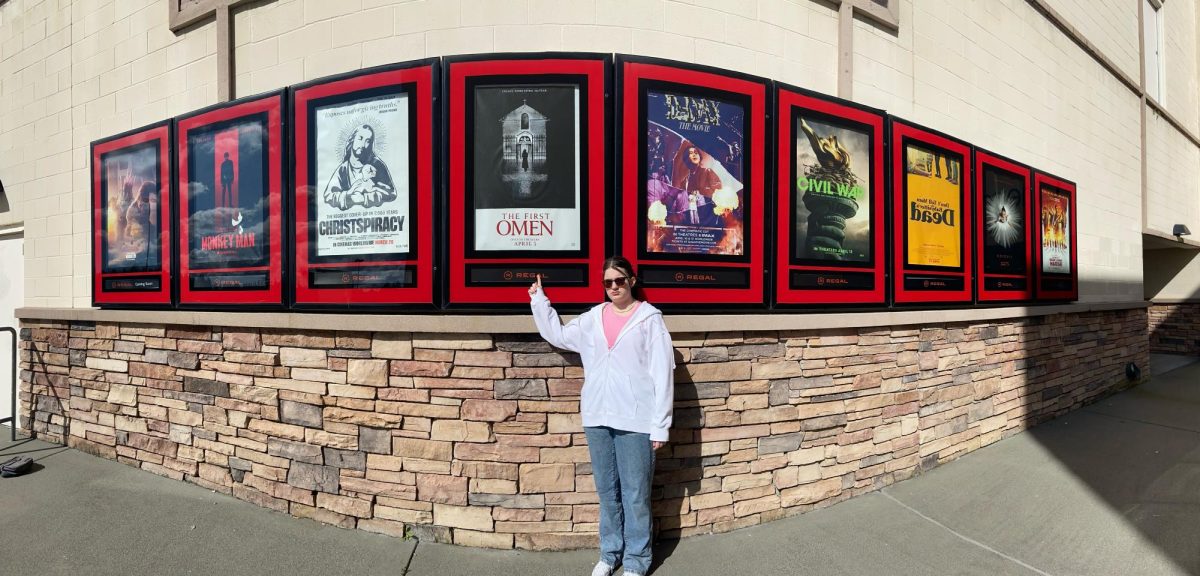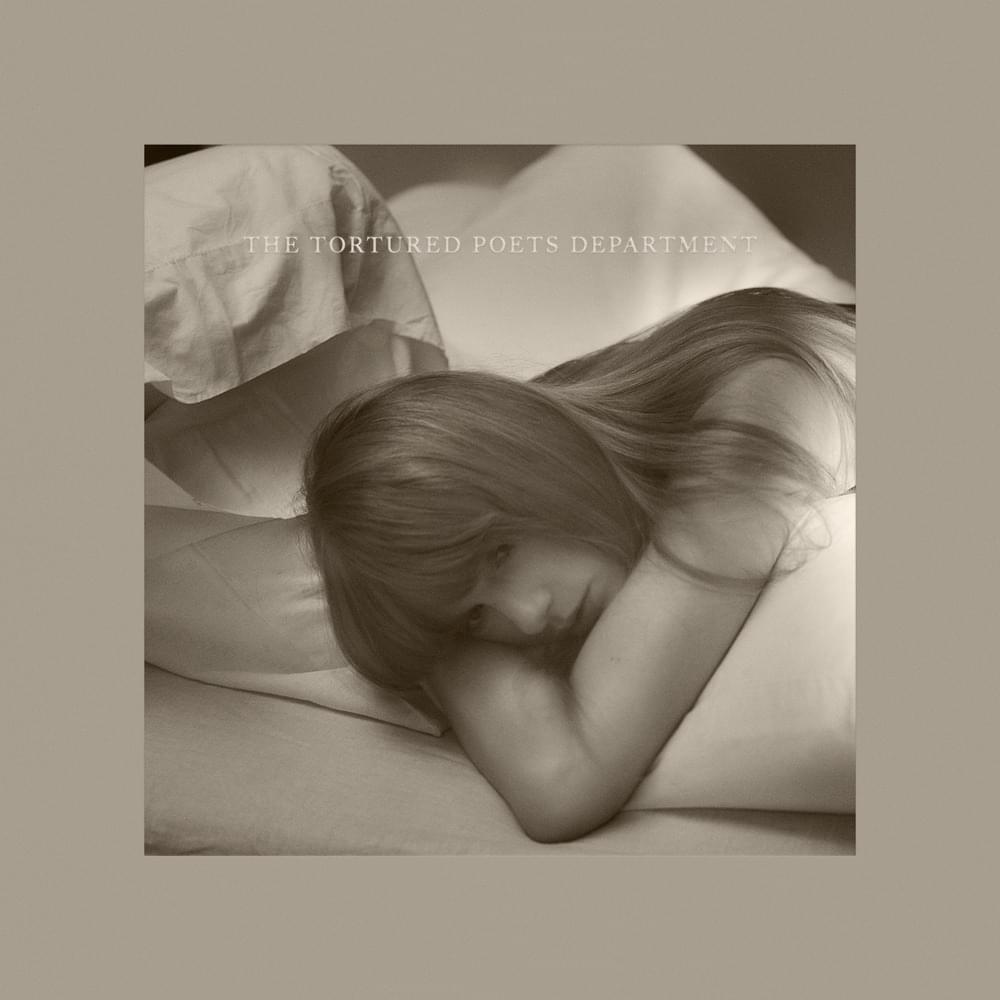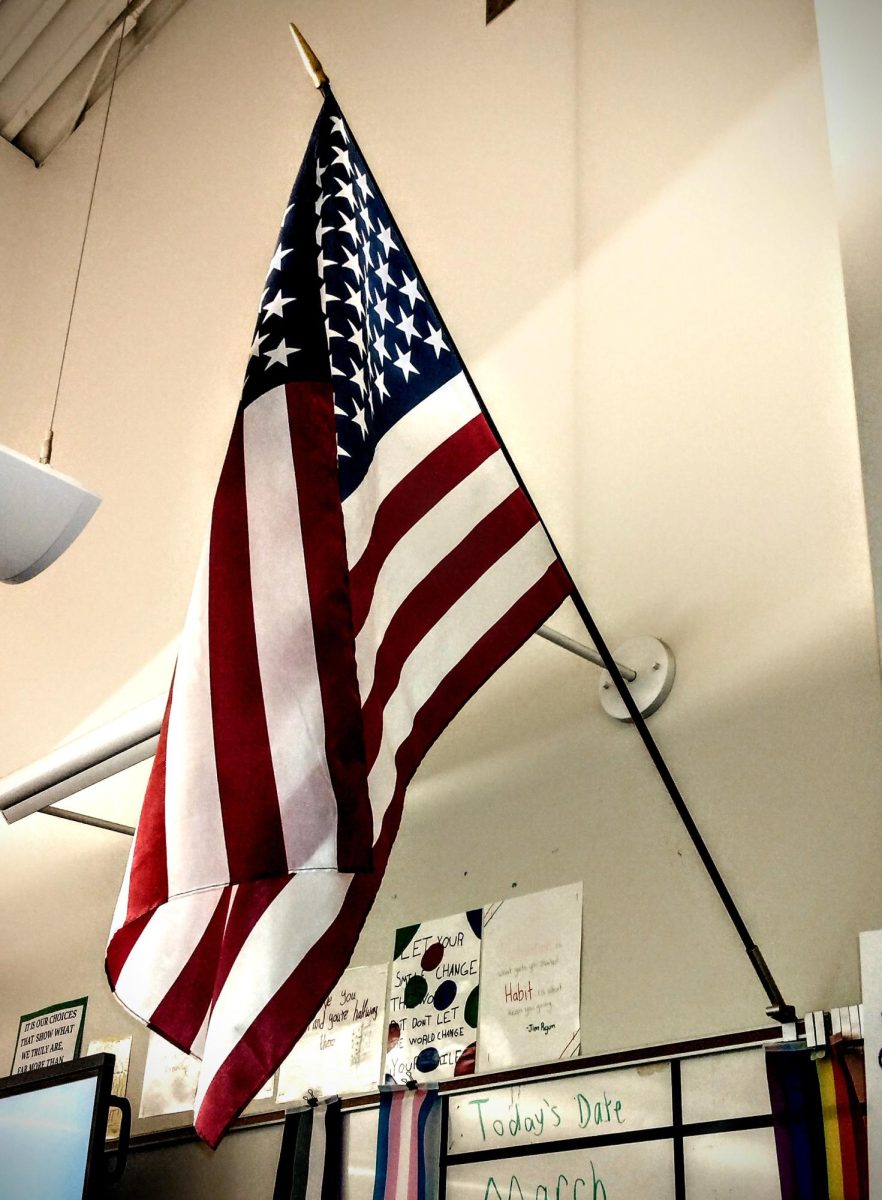It began with a controversy behind a photo. Kate Middleton, the Princess of Wales, appeared in a photo with her three children in May of 2023 for Mother’s Day. The photo quickly rose to infamy for its photoshopped appearance, shocking the public into a frenzy; videos on all platforms debunked the mystery, claiming “her face is from her previous magazine shootings” and “what is the Royal Family hiding?” but my question is, does it even matter?
It’s not big news anymore that Kate Middleton and King Charles have cancer. It’s the highlight of any and every tabloid, and one of the first things to come up when you search their names. Cancer is a big deal, especially among the royal family, who is already under a lot of stress with the change in leadership after the death of Queen Elizabeth. So it’s perfectly reasonable to see plenty of articles about the situation. The issue, however, is not the articles about the diagnoses; it’s the way journalists are milking the situation for their own articles.
With so many articles coming out about Middleton and King Charles, those names, naturally, are going to gain the most attention. It’s in human nature to be curious: anyone, British or not, is going to be curious about the current state of the royal family. But there is such an influx of dramatic articles with as many royal names they can fit in a single title coming out lately. And for what?

They provide very minimal information and nosy, invasive quotes. For example, an article about a stabbing in Sydney mentions King Charles and Queen Camilla. This article is very unclear about whether or not it’s about the stabbing or if it’s about the royal family’s response, which is where the problem lies.
This isn’t the first time something like this has happened , and is certainly not exclusive to the Royal Family either. For as long as the media has been present, we have been using big names in news for clicks on articles. That’s clickbait, and it works scarily well. But when it starts working, these news companies have to keep you hooked. That’s where exploitation comes in. Magazines will claim to have the “inside scoop” with the most information. What this inside scoop tends to be is some very personal information with unclear ways of how they got it, often taking much more than was likely offered by the celebrity in question.
One could argue that if they didn’t want their information leaked, they shouldn’t have chosen the life of fame; having your life out on the internet is part of the job. But exploitation should not be the expectation of fame. And it’s not like they signed up to be famous. A lot of the time, it just happens. The Royal children don’t choose to be royal, it just is quite literally in their blood. So it’s not fair to them to have their futures being spat up into articles, much like their parents, who have also had information unwillingly shared, and arguably more uncomfortable, people making unnecessary guesses about their personal life. “I have no doubt they’ll be together for the occasion, and I’m sure behind closed doors, they’ll probably have a romantic dinner with just the two of them.” That is a real quote from not one article, but multiple. In fact, this quote is so overused that it’s extraordinarily difficult to find its original source. Not only does it feel like a pretty invasive comment that adds nothing to the original article, it also encourages this gross invasive behavior, because naturally, the reader will become more and more curious about the subject.
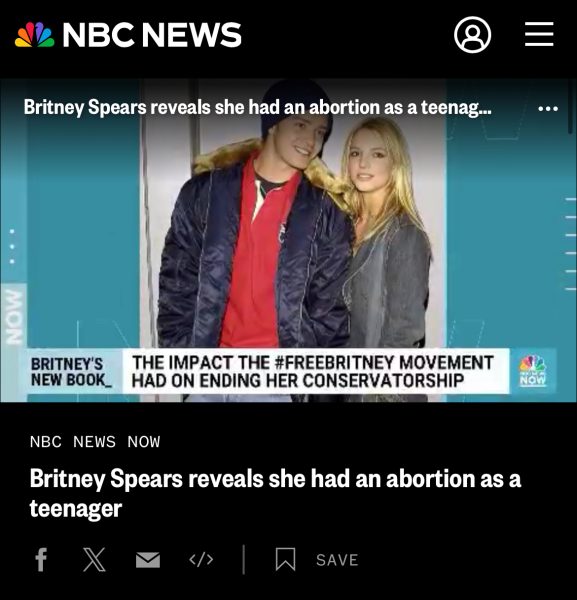
The Royal family is, unfortunately, one of the many examples of the exploitation of celebrities, and it shows no sign of stopping anytime soon. When keeping up to date with international relations, entertainment stars, and public icons, it’s more than OK to be concerned about issues like the Royal Family’s cancer diagnosis. But it’s also important to pause and be aware of the integrity of what you’re reading. Inappropriate comments and invasive quotes/questions should be huge warning signs you’re in too far. And as for journalists, we must uphold that expectation of integrity; doing what’s right will always have a better payoff for everyone, even if it isn’t as popular.
